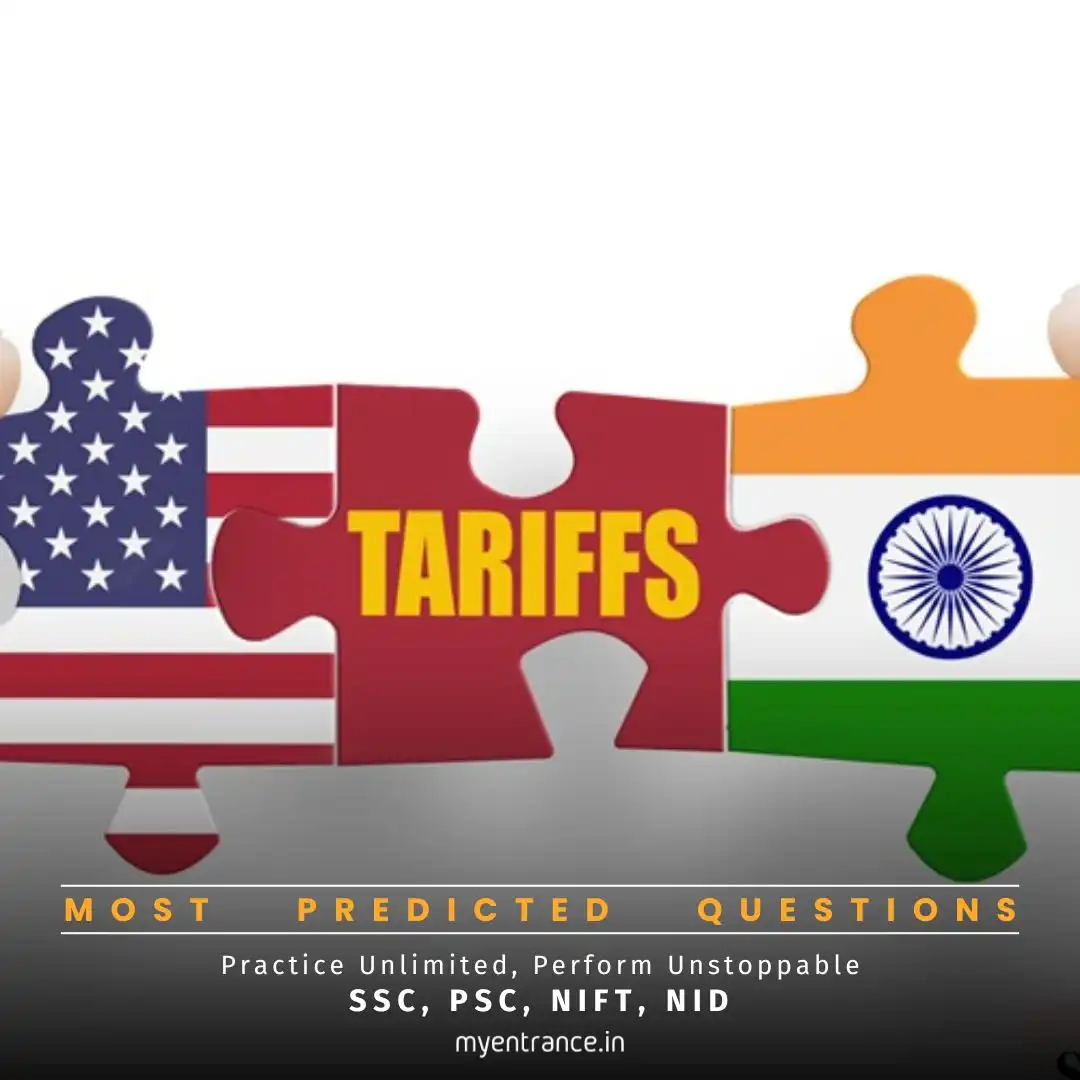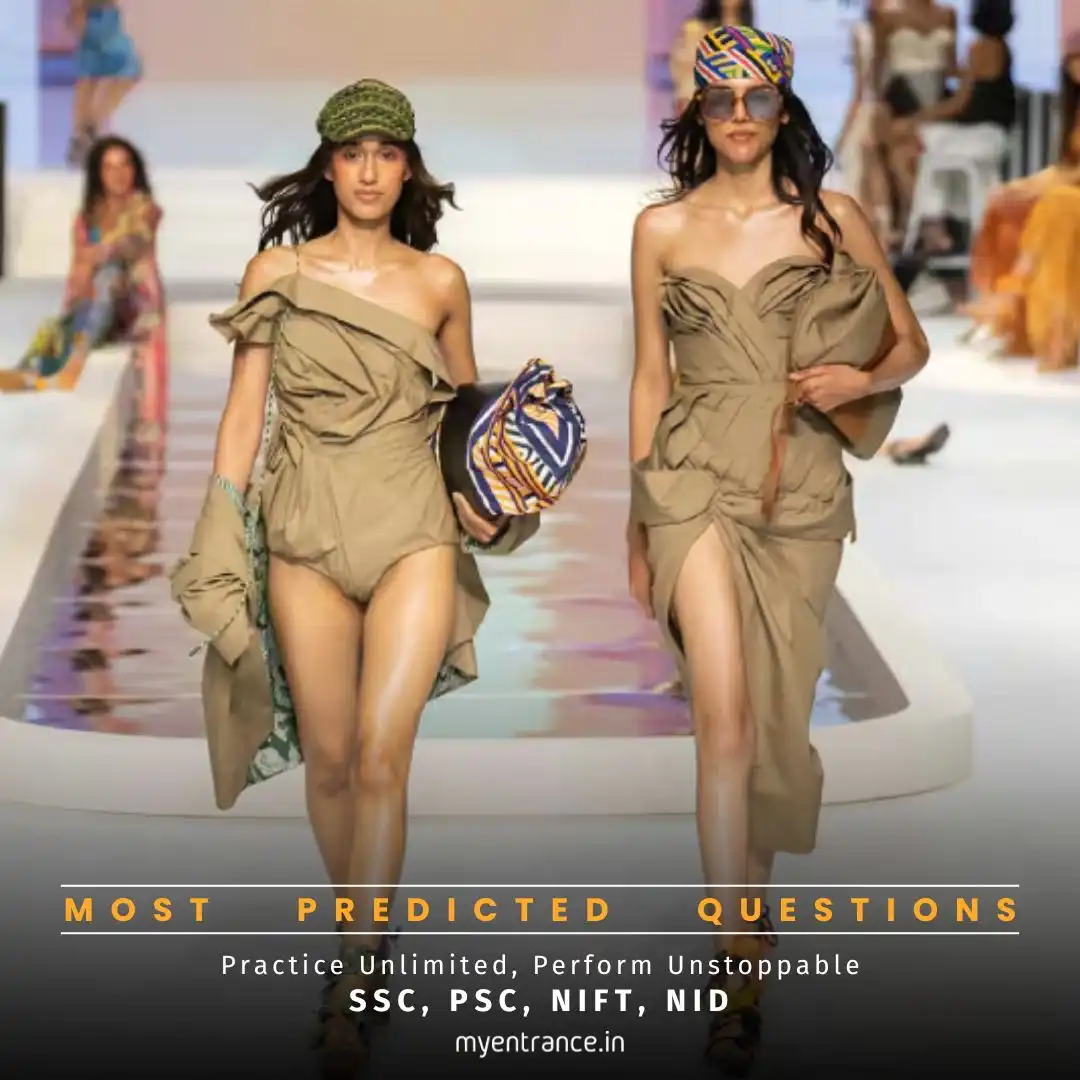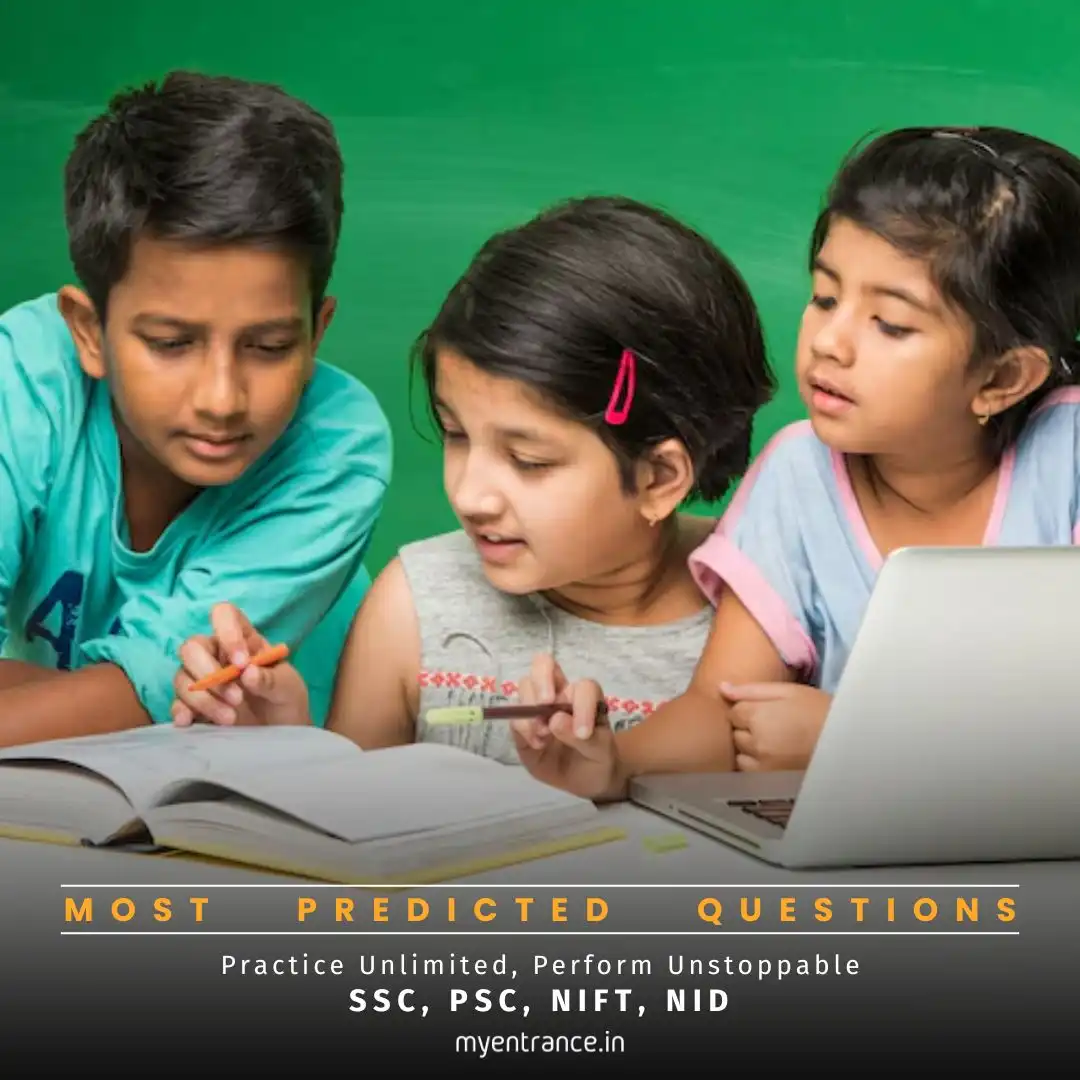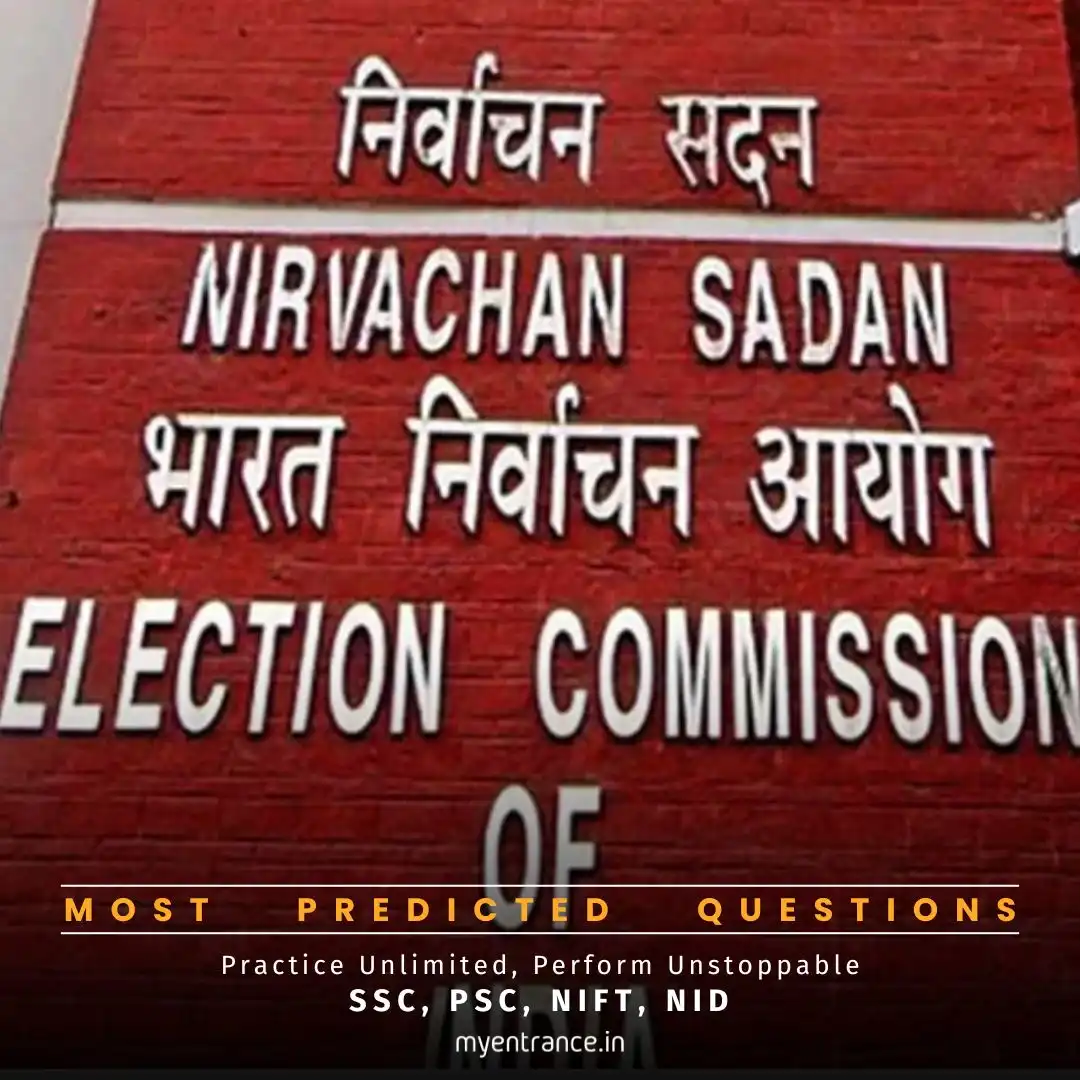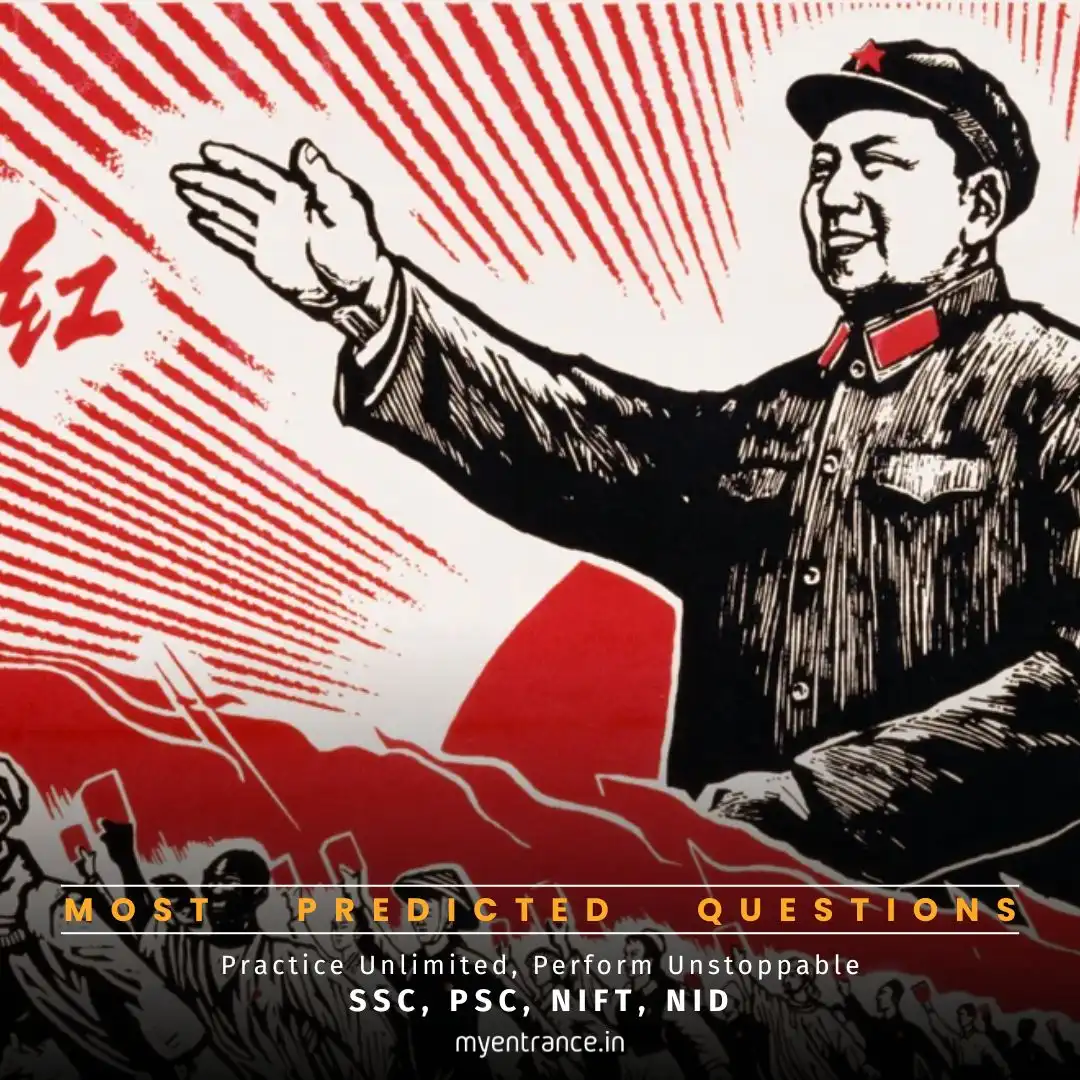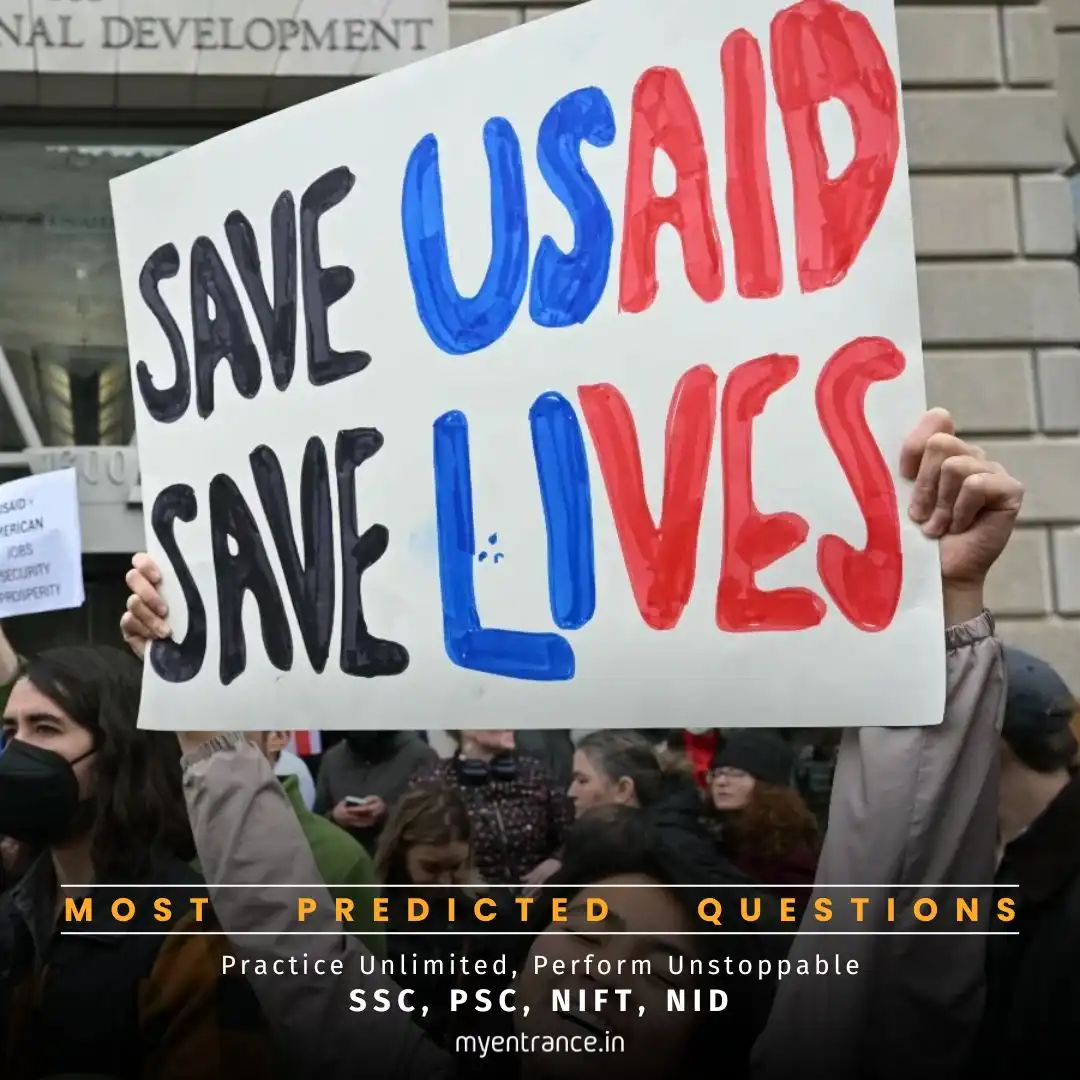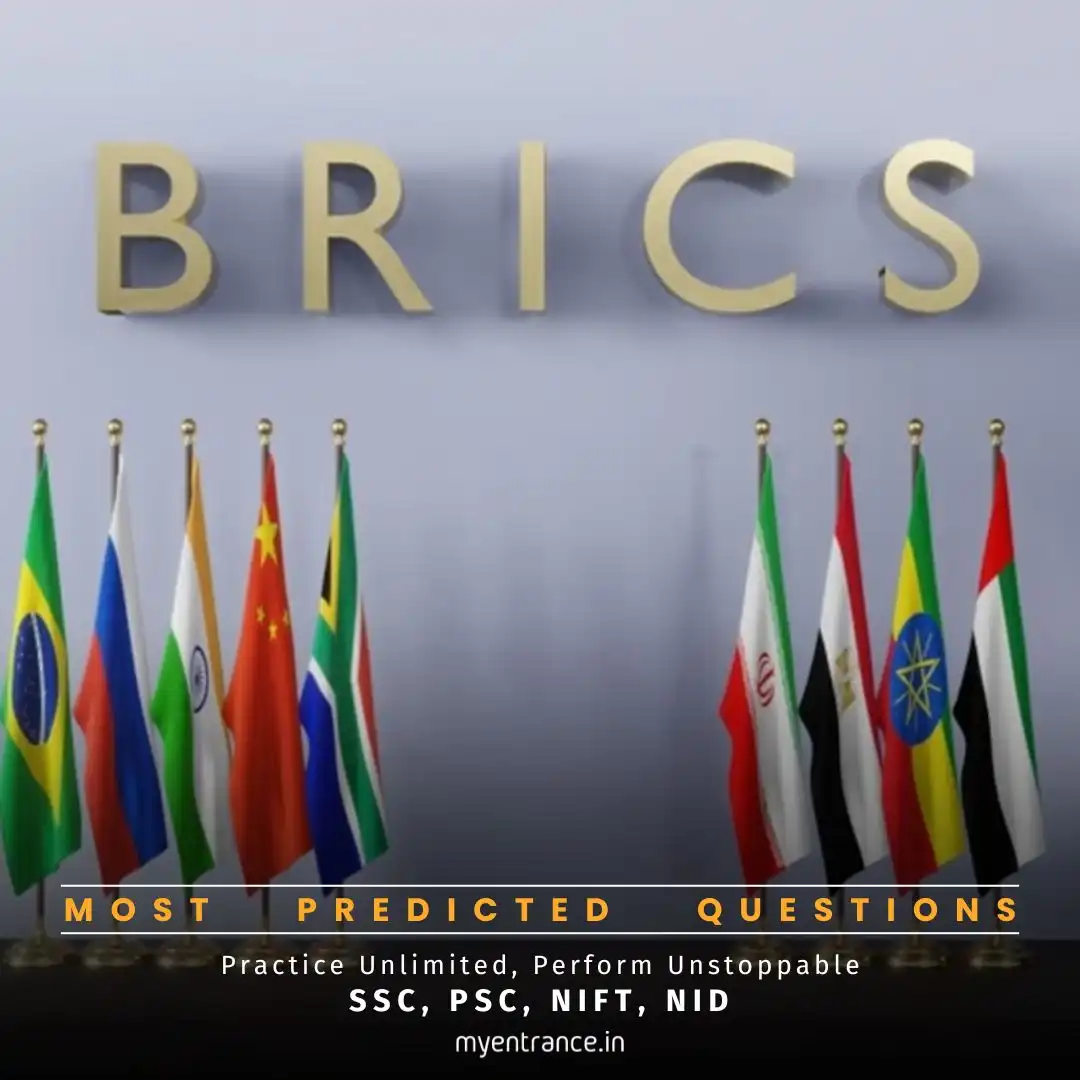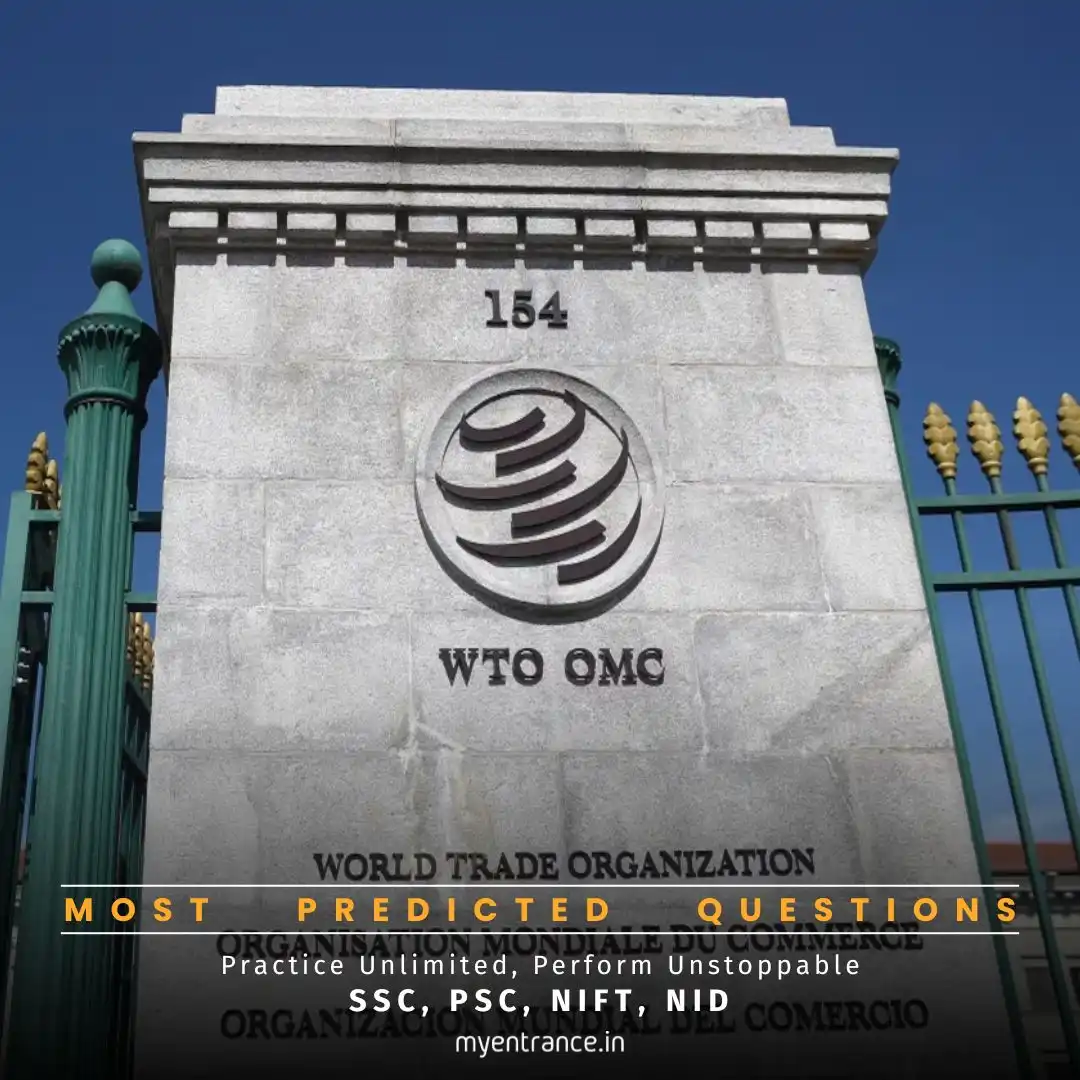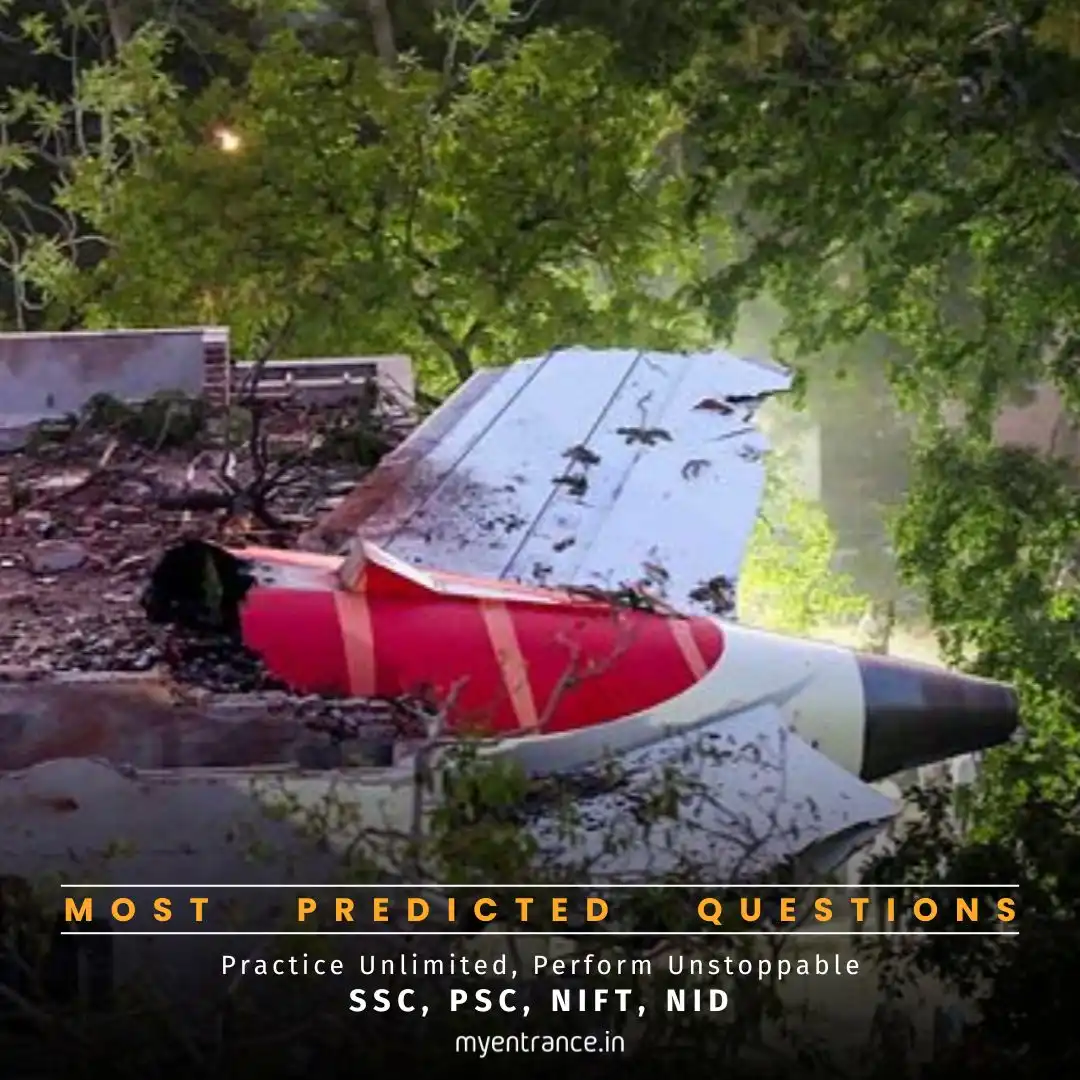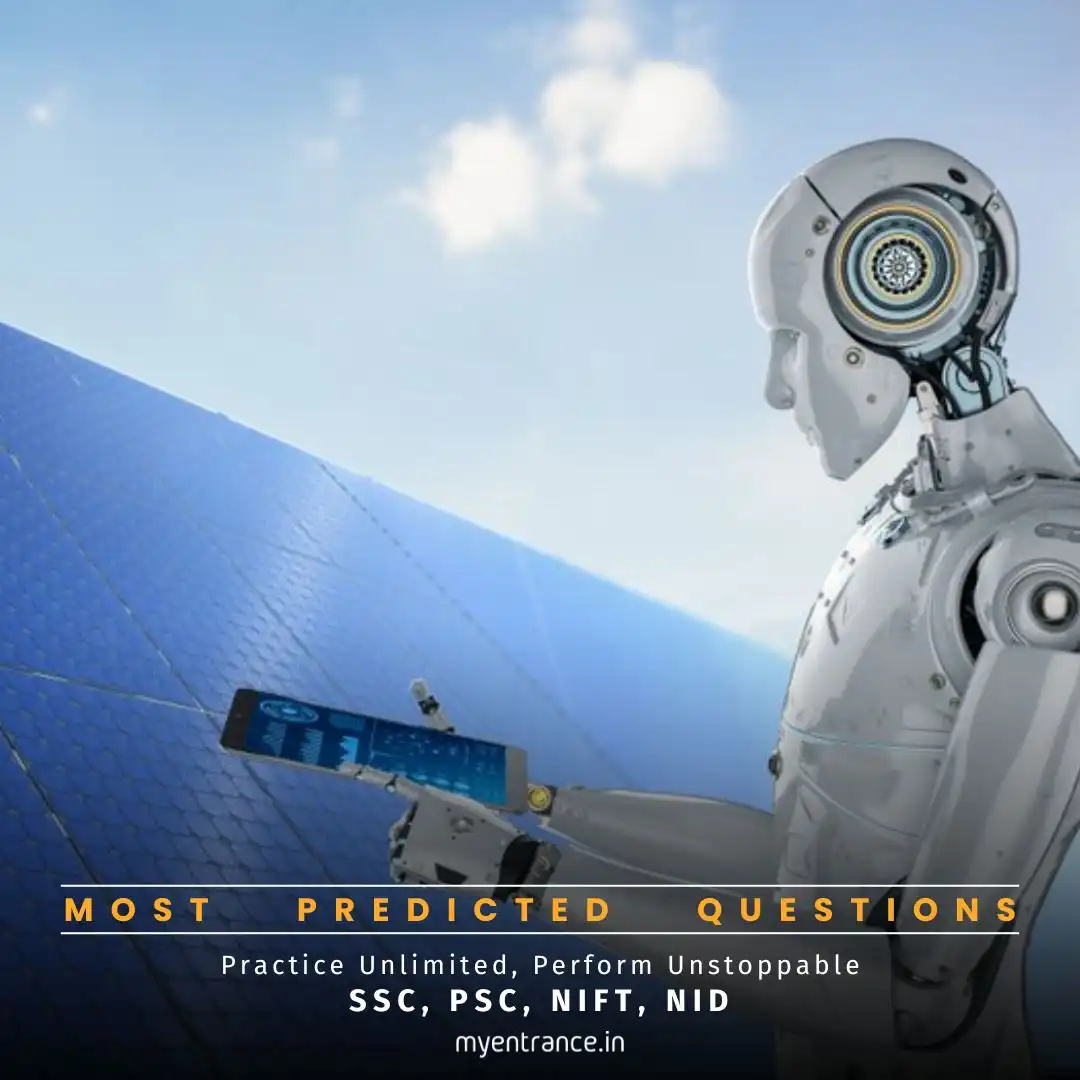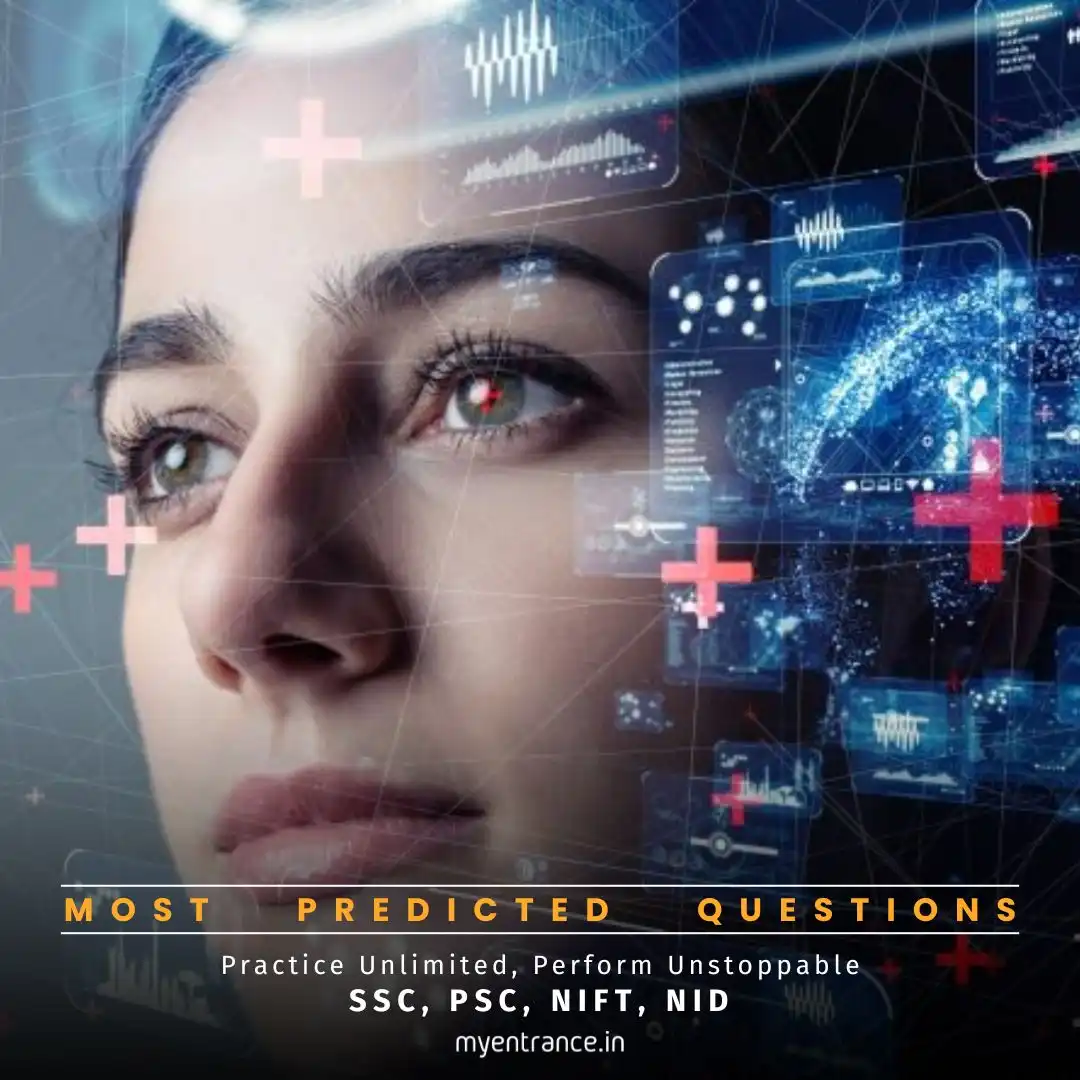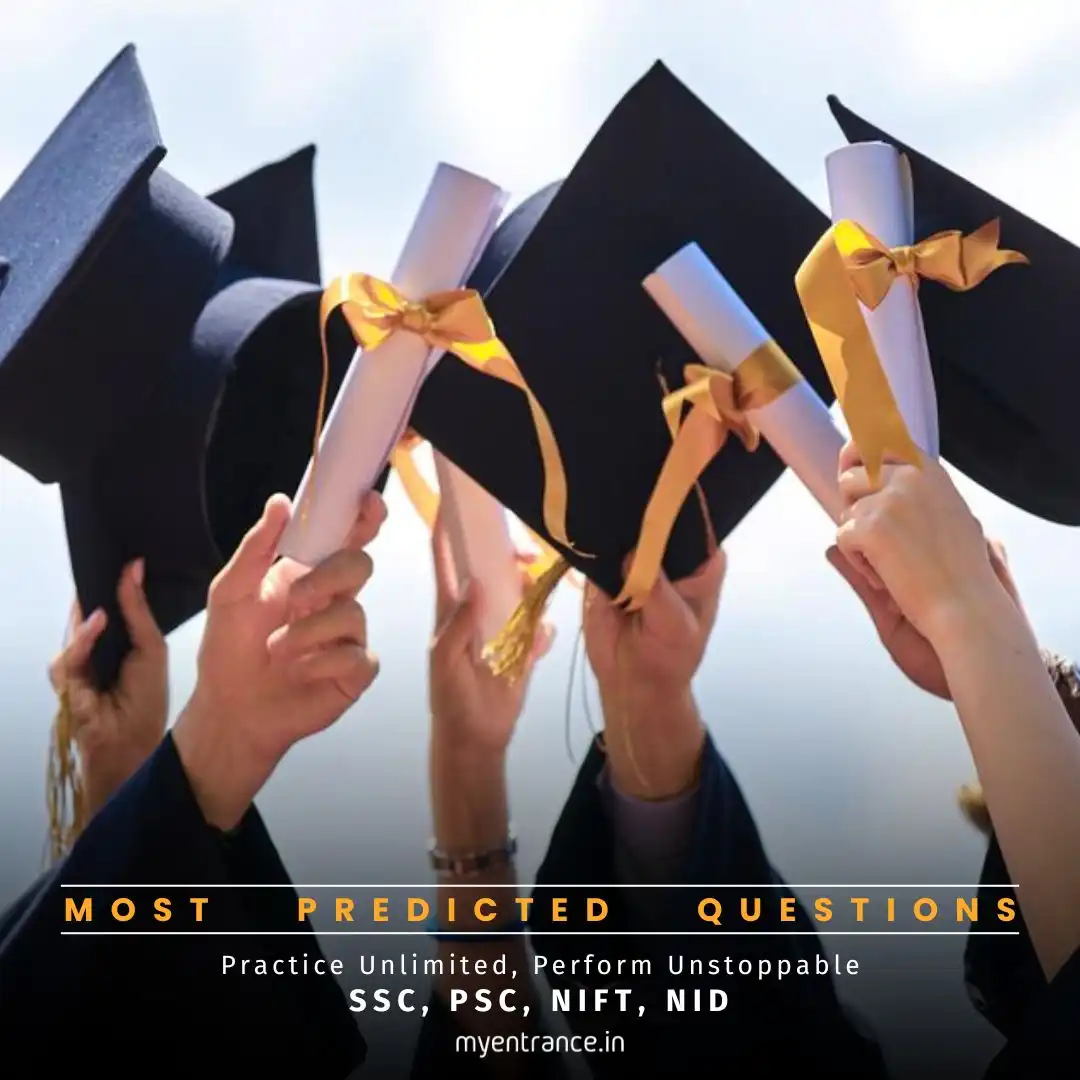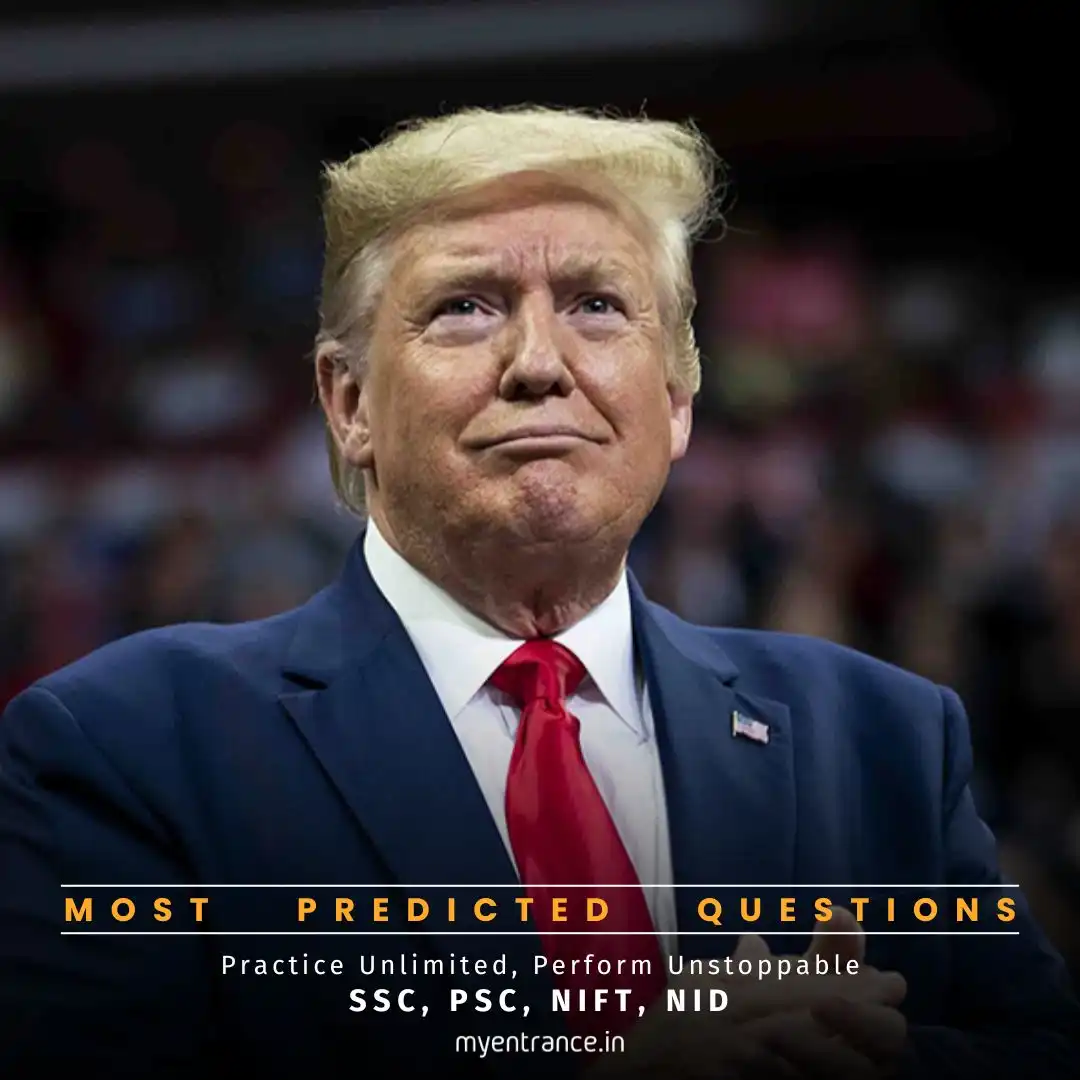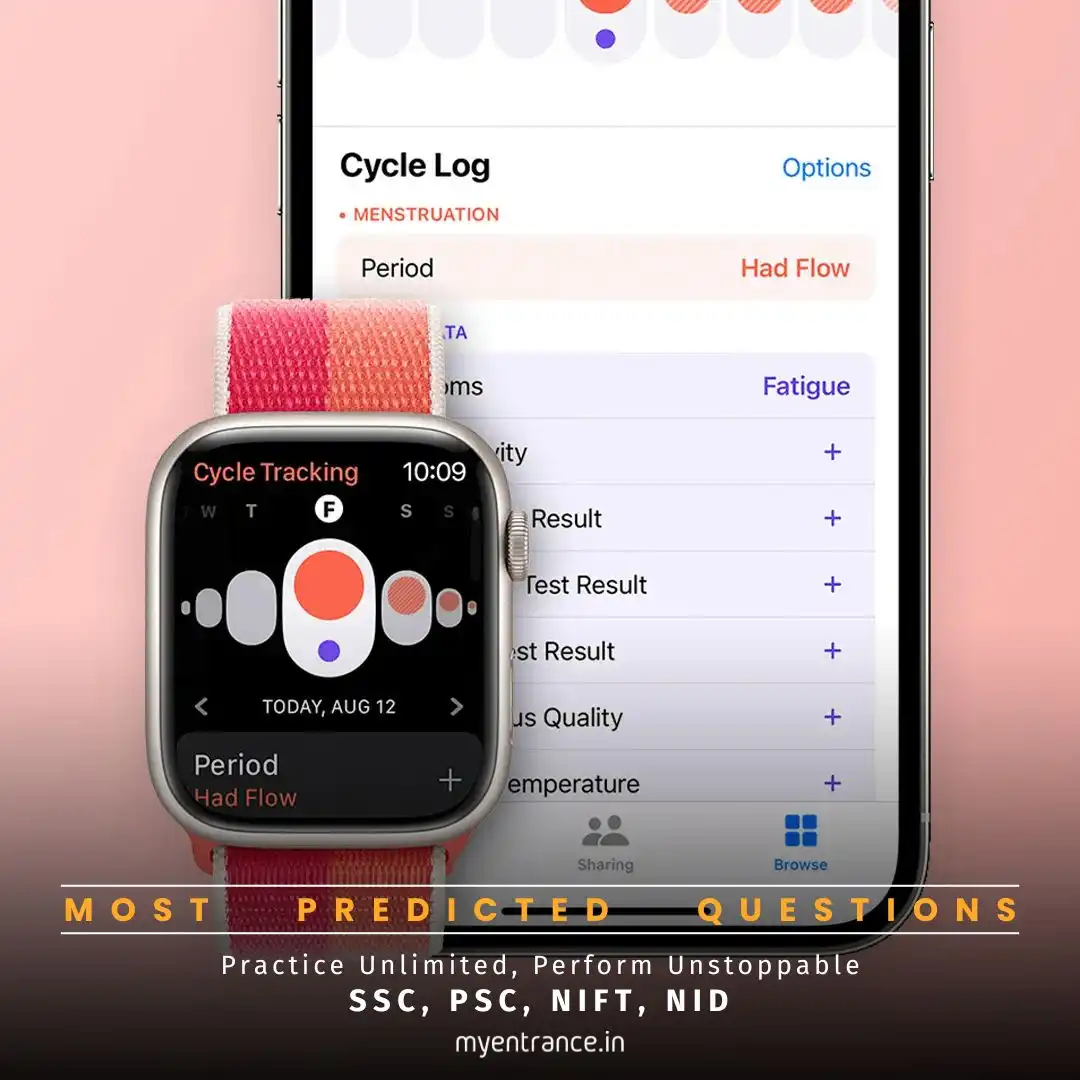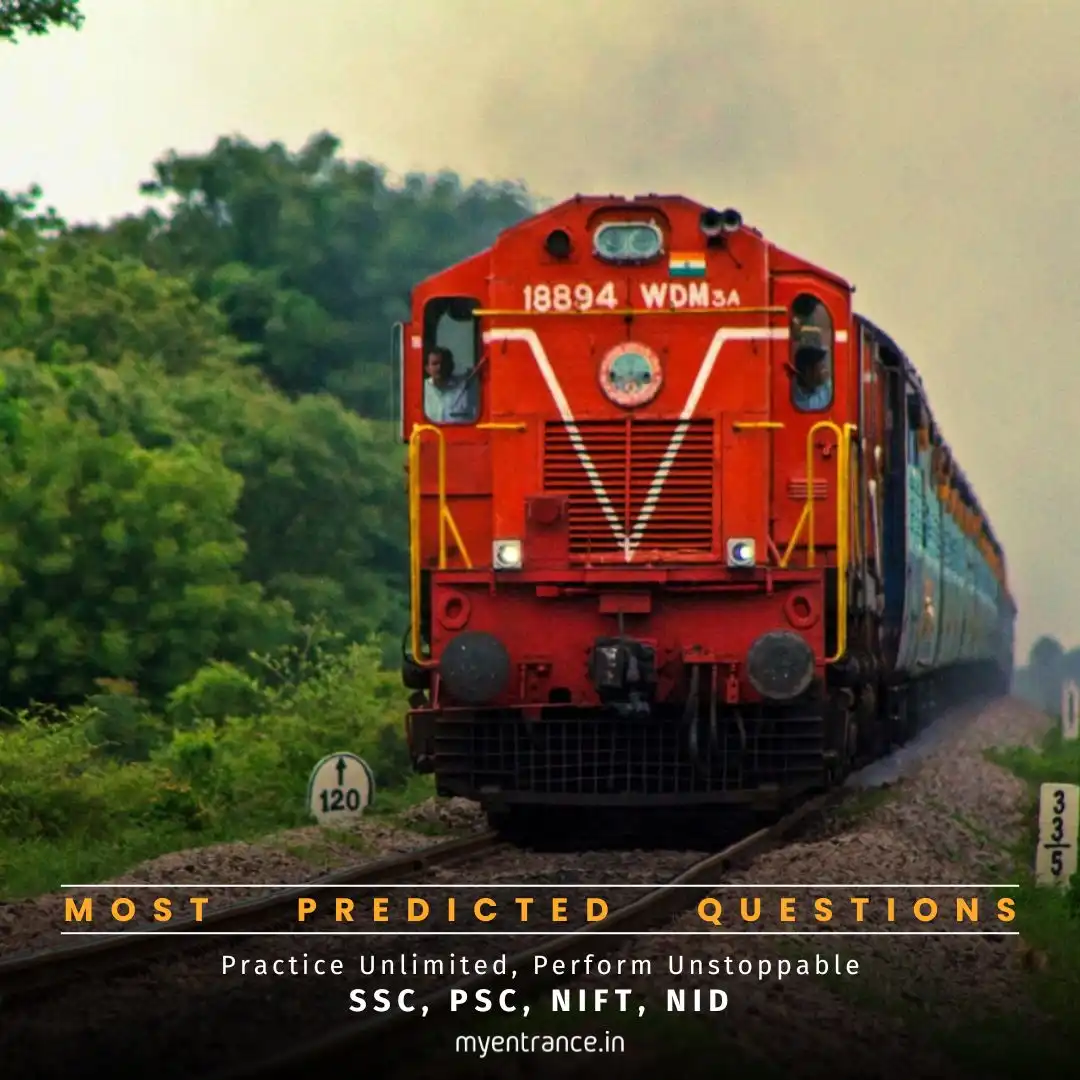Translate Language
Why Did the Supreme Court Question Bihar’s Voter Roll Revision?
Bihar’s latest voter roll revision has come under scrutiny as the Supreme Court questions the Election Commission’s strict document requirements. With widely-used IDs like Aadhaar and voter cards excluded, millions—especially migrants and rural populations—could lose their voting rights. Here’s why this issue matters.
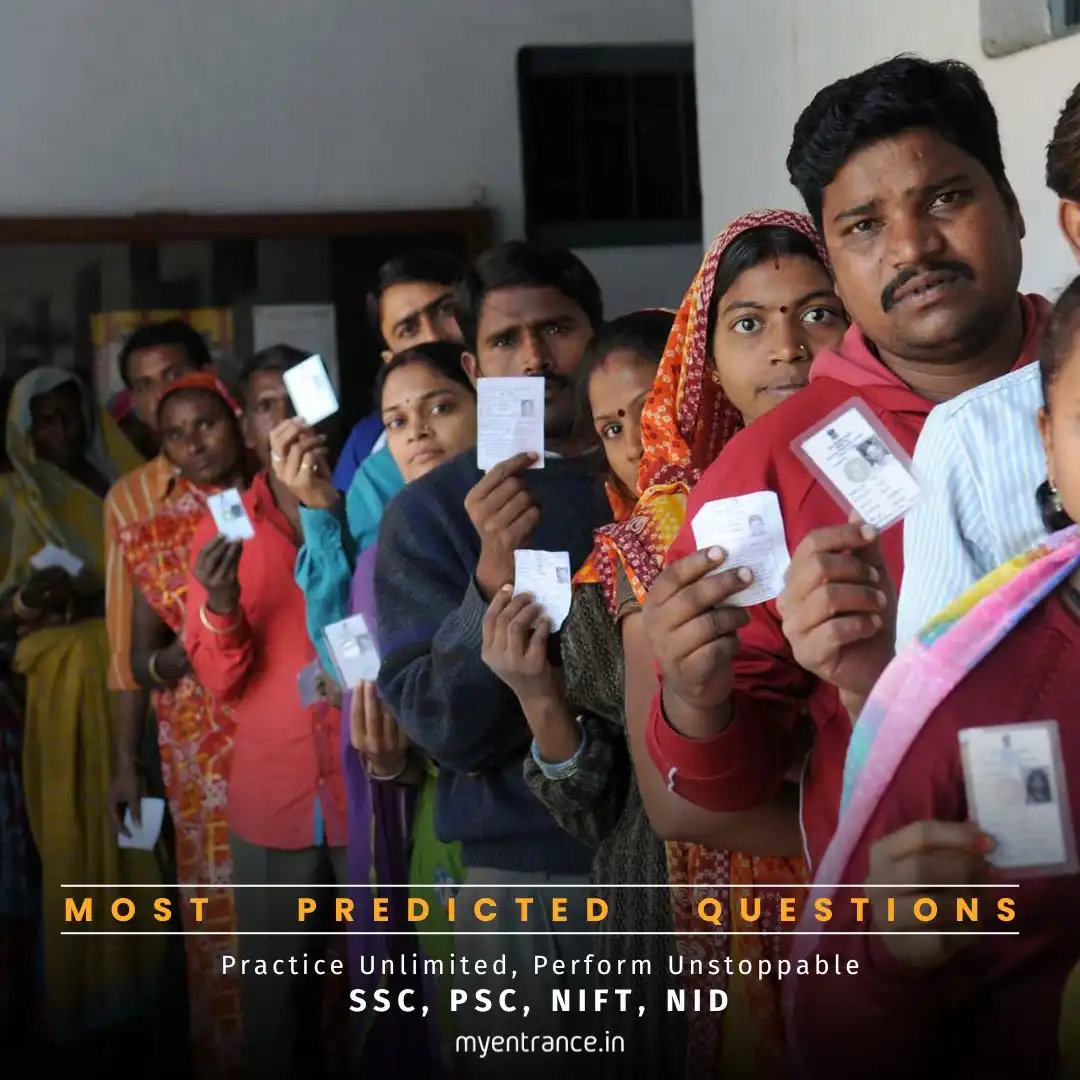
Why Is the Supreme Court Concerned?
The Election Commission (EC) is conducting a Special Intensive Revision (SIR) of Bihar’s electoral rolls, demanding additional documents beyond standard IDs like Aadhaar or voter cards. The Supreme Court fears this could lead to mass disenfranchisement, particularly affecting:
Migrant workers who frequently change locations
Rural populations with limited access to documents
Flood-affected families who may have lost paperwork
Justice Sudhanshu Dhulia remarked, “Even I don’t have a birth certificate!”—highlighting how unrealistic these demands are in a country where many lack formal documentation.
Which Documents Are Being Excluded?
The EC’s list includes obscure or hard-to-get documents while ignoring widely accepted IDs like:
✔ Aadhaar (used by 99% of Indian adults)
✔ Voter ID (EPIC)
✔ Ration cards
Instead, they ask for:
Birth certificates (rare in rural areas)
Pension payment orders
Pre-1987 government documents
Forest Rights Certificates
OBC/SC/ST caste certificates
Ironically, the EC’s own FAQ states that Aadhaar helps “purify electoral rolls”—yet it’s not mandatory for verification.
Key Questions & Answers
Q1: Why is Bihar’s voter roll revision controversial?
A: The EC is demanding extra documents, risking exclusion of vulnerable groups like migrants and rural voters.
Q2: Can someone be denied voting rights for not submitting Aadhaar?
A: No—Aadhaar is voluntary, but the EC’s new rules make other documents mandatory.
Q3: How does this affect migrants?
A: Many lack updated residency proofs, making it harder to register.
Q4: Is this similar to the NRC (National Register of Citizens)?
A: Critics fear it’s a “de facto NRC”, targeting marginalized communities.
Q5: What did the Supreme Court say?
A: The SC warned against arbitrary exclusions, citing past rulings that protect voters’ rights.
Get 3 Months Free Access for SSC, PSC, NIFT & NID
Boost your exam prep!
Use offer code WELCOME28 to get 3 months free subscription. Start preparing today!
